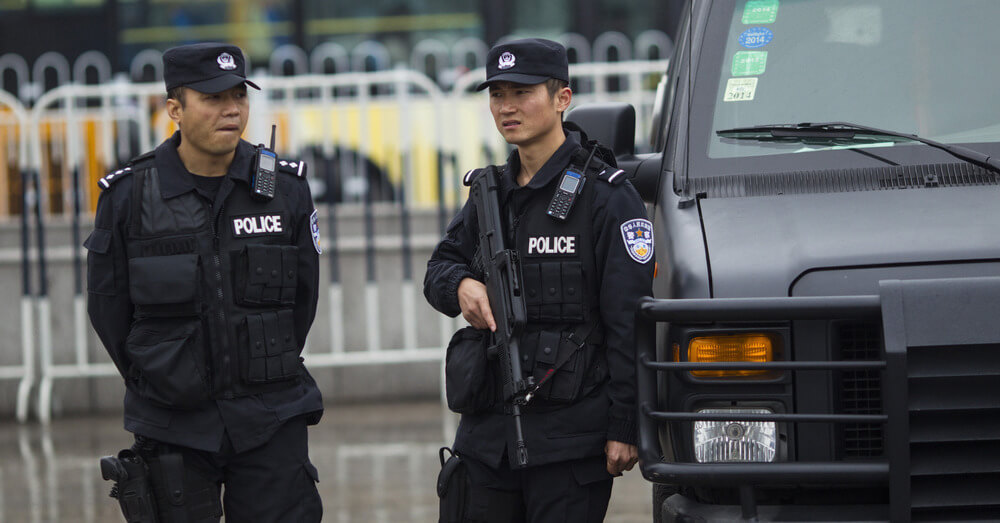
The cases are a part of a broader probe in the past months that led to crypto traders’ bank accounts being frozen
The People’s Bank of China (PBoC) has announced it is cracking down on illegal online gambling activities that involve the use of cryptocurrencies for cross-border capital flow. This announcement was made through a blog post that was published on WeChat last Thursday, October 22, narrating the central bank’s most recent role in helping law enforcement put an end to online gambling businesses.
The central bank explained that these sites are usually set up with the help of overseas servers and carry out a variety of ways to allow domestic users to bypass the country’s capital control. This gives the users a way to wire money overseas.
The most recent operation involved the branch of the PBoC in the city of Huizhou, Guangdong province, where they worked with local police to dismantle three gambling sites and arrest 77 suspects who used Tether (USDT) in cross-border transactions to launder their proceeds.
“The Guangzhou branch of the People’s Bank of China has taken measures to strengthen organizational guarantees, improve transaction monitoring, strengthen police-bank linkages, and extensive publicity and education to crack down on cross-border gambling “funding chains” and take measures to achieve practical results,” the blog post explained.
The money that was laundered amounted to nearly 120 million yuan ($18 million).
“The case not only involves bank transfers but also virtual currencies and has been ‘laundered’ through multiple layers so the capital flow was extremely elusive,” it continued.
These cases are part of a much wider trend in recent months by Chinese authorities concerning illegal economic activities, allegedly leading many Chinese crypto user bank accounts being frozen by law enforcement.
In the past summer, a few crypto over-the-counter traders posted on social media when they noticed their bank accounts were frozen. This was due to funds they received that appeared to be connected to activities such as online gambling, Ponzi schemes and telecommunication fraud.
At the time, reports indicated that the actions were carried out by the Guangdong province’s police and that the scale of the operation could have an effect on several thousand people.
Since then, the situation has escalated. Several crypto OTC traders have been taken into custody by the police to help with their investigations on money laundering, with their concern being that their OTC desks may have played a role in facilitating fiat to crypto transactions for illegal activities.

